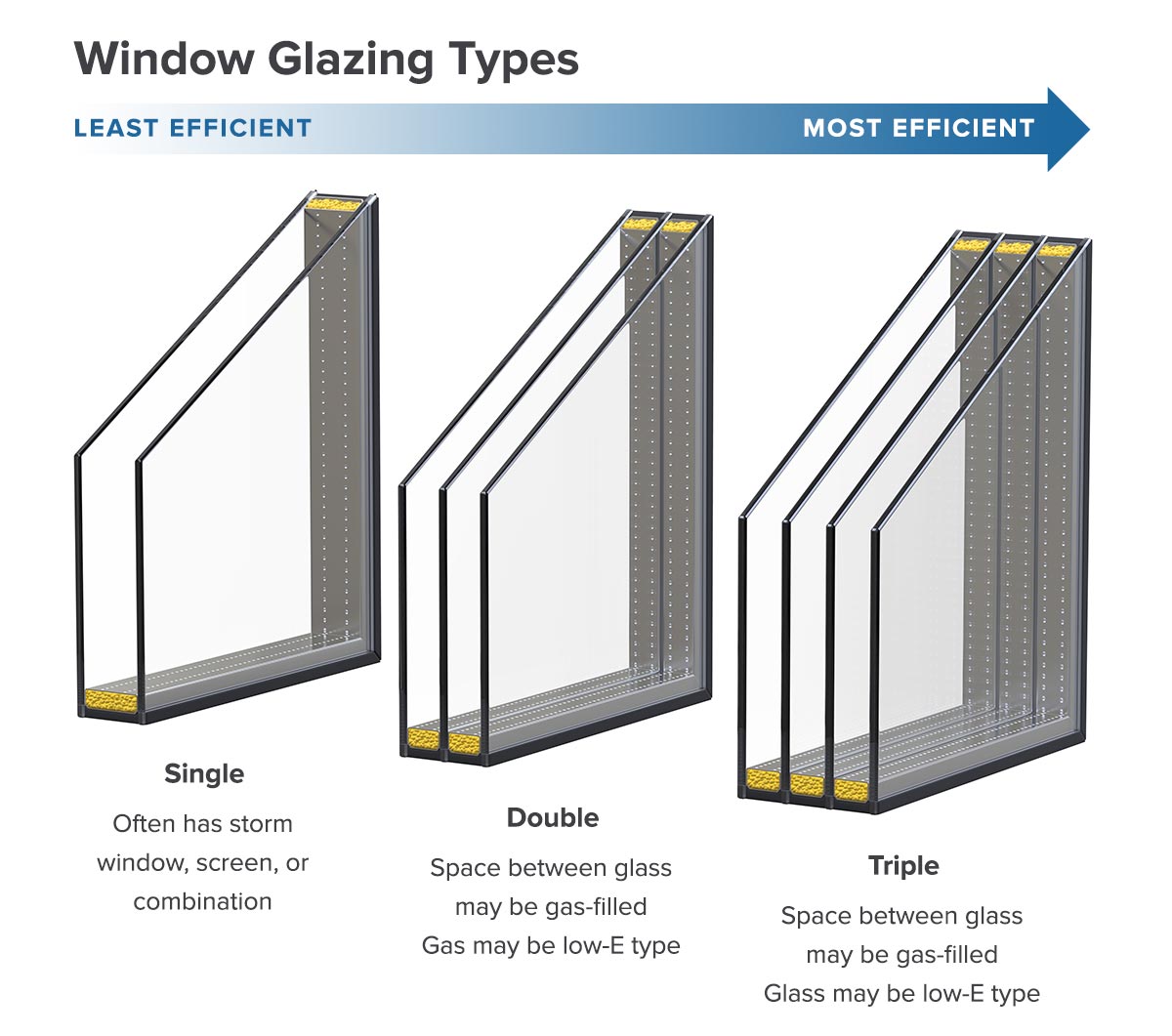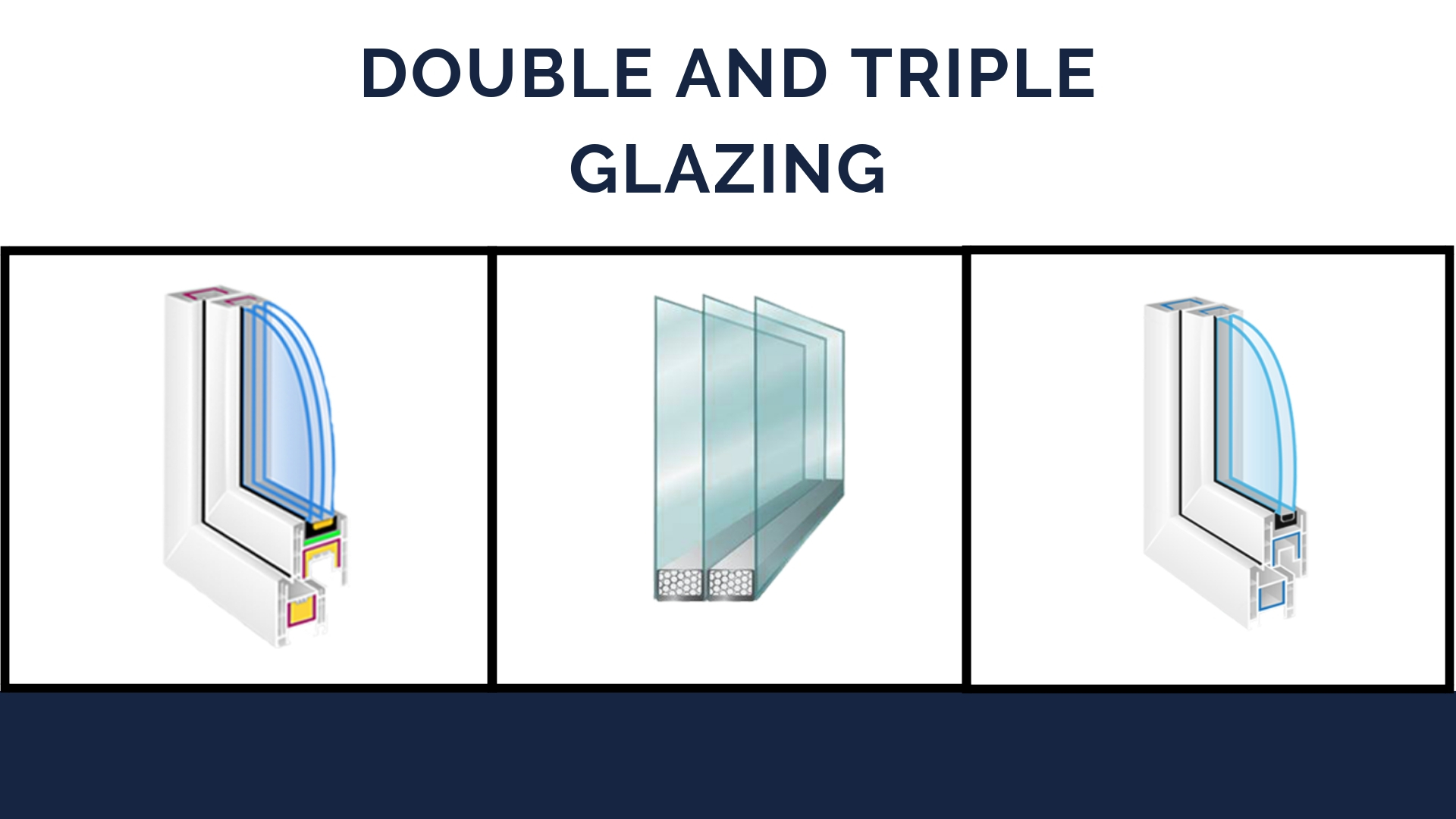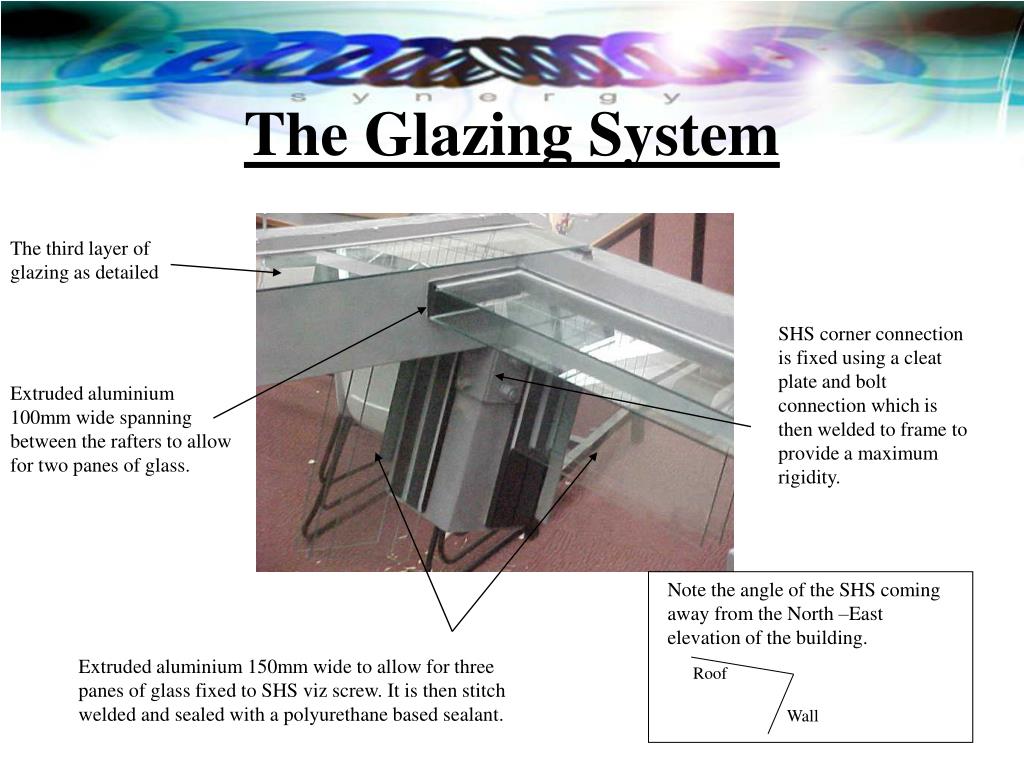What Does Glazing Mean - Unpacking Internet Slang
Have you ever found yourself in a moment, perhaps online or just chatting with younger folks, and heard a term that made you pause, a word that sounded familiar but felt entirely new in its usage? It happens, you know, with how quickly language shifts and changes, especially among younger generations. Lately, there's been a particular word making the rounds, one that might bring to mind shiny surfaces or baked goods, but in its current form, it carries a rather different sort of meaning. This word, "glazing," has popped up in conversations and on screens, causing a bit of a stir, and it's all about how we express admiration, or maybe, how we overdo it.
So, what does "glazing" mean when it's not about putting a finish on something or adding a sweet coating to a pastry? Well, it's actually about a type of social interaction, a way of giving praise that some find a bit much. It speaks to a situation where someone might be trying a little too hard to impress another person, perhaps by offering a flood of compliments. This isn't just about being polite or kind; it's about a level of flattery that goes beyond what feels genuine, crossing into territory that can seem a little awkward or even a touch annoying to those observing it. It’s a very specific kind of interaction, you see.
This rather interesting term, which has gained traction in the past few years, especially since around 2022, isn't something you'd typically find in older dictionaries with this particular sense. It's a newer piece of internet slang, a phrase that has, in a way, grown out of online chat spaces and video platforms. If you've been wondering what does glazing mean when your kids or teens use it, it's almost certainly referring to this idea of someone giving far too much praise, perhaps in a way that feels unearned or even a bit insincere. It’s a pretty common thing to hear now, particularly among those who spend time on sites like TikTok or Twitch, where it first started gaining traction.
Table of Contents
- What Does Glazing Mean in Everyday Talk?
- Where Did This Idea of Glazing Mean Come From?
- Is Glazing Mean Just About Compliments?
- How Is Glazing Mean Different From Traditional Uses?
- The Humorous Side of Glazing
- Glazing in the Classroom
- Examples of What Glazing Mean
- Why People Talk About Glazing
What Does Glazing Mean in Everyday Talk?
When people talk about "glazing" in casual conversation these days, they're typically referring to a specific kind of social behavior. It means, in a way, giving someone an excessive amount of praise, perhaps to the point where it becomes uncomfortable or seems unwarranted. Think about it: have you ever seen someone try to really impress another person by showering them with a seemingly endless stream of compliments? That feeling, that particular dynamic, is what "glazing" captures. It's about a kind of over-the-top flattery, a performance of admiration that can feel a bit much for everyone involved. It’s really about that feeling of someone being too eager to please, you know?
The core idea behind what does glazing mean in this context is pretty simple: it's about "sucking up" to someone. This isn't a new concept, of course, but the term itself gives it a fresh, modern twist. It suggests a situation where someone is "gassing up" another individual, giving them so many compliments that it starts to feel a bit awkward, even annoying. It's not just a little bit of kindness or a simple thank you; it's an outpouring of praise that some might view as insincere or just plain excessive. Basically, it’s when compliments become a bit too much, almost as if someone is trying to coat another person in sugary words, whether they want it or not. That, is that, kind of the main idea.
This sort of behavior, when described as "glazing," can sometimes be seen as an attempt to curry favor, to get on someone's good side by being overly complimentary. It’s a sort of performance, perhaps, where the person doing the "glazing" is trying to make a really strong impression. The reaction to this can vary; sometimes it's just seen as a bit silly, other times it might come across as truly irritating. The term itself is often used to criticize this kind of excessive praise, or even to point out what someone perceives as bias or an unwarranted level of kindness directed at another person. It's a rather specific social critique, in some respects.
Where Did This Idea of Glazing Mean Come From?
This particular meaning of "glazing" isn't something that's been around for a very long time in general conversation. It's a relatively new piece of slang, one that really started to gain popularity around 2022. Its origins are deeply tied to the internet, particularly to online spaces where younger people gather and communicate. You know, places like Twitch stream chats, where people interact live while watching others play games or create content, and then it spread, kind of naturally, to platforms like TikTok, where short videos and comments are king. It’s almost like a word that just bubbled up from these digital interactions.
The term "glazing" didn't just appear out of nowhere; it sort of trickled into wider use from these specific online communities. What does glazing mean in this context of its beginnings? It means it started as an insider term, a way for people in those spaces to describe a common behavior they observed. For instance, in a TikTok video shared last year, an AI teacher and consultant named Aaron Makelky actually asked one of his Gen Z students to explain what "glazing" meant to him. This shows how the term has moved from its online roots into more general awareness, even catching the attention of educators who are trying to keep up with the language their students use. It's a pretty good example of how new words come into being, honestly.
So, if you hear someone, especially a younger person, use this word, they're probably referencing this internet-born concept. It's a slang term that reflects the communication styles and social observations prevalent in digital spaces. The way it spread from Twitch chats into TikTok comments really highlights its journey. It’s interesting, too, how quickly these terms can spread and become part of everyday speech for certain groups. It's not just a passing fad, either; it has become a fairly common way to describe a particular kind of interaction, one that involves a lot of what some might call "over-the-top" admiration. It's actually a pretty clever way to describe something that happens all the time.
Is Glazing Mean Just About Compliments?
While the core of what does glazing mean often involves an excessive amount of compliments, it's not strictly limited to just that. The term can actually cover a broader range of behaviors that indicate an unwarranted level of praise or favoritism. It's about more than just saying nice things; it's about the *degree* and *intent* behind those nice things. For example, it can be used to criticize what someone perceives as bias, where one person seems to be overly supportive or positive towards another, even when it might not be fully deserved. It’s a bit more nuanced than just simple flattery, you know?
Sometimes, "glazing" can even be used to describe an over-the-top display of what might otherwise be considered basic kindness. This is where the term gets a little bit playful, and perhaps a little bit critical. If someone is being incredibly, almost ridiculously, kind to another person, to the point where it seems a bit suspicious or out of place, someone might jokingly say they are "glazing" them. It’s not always a serious accusation, but it points to an interaction that feels a little off balance. So, it's not just about compliments, but about an exaggerated positive display, in a way.
The term captures that feeling of someone being "gassed up" to an uncomfortable degree. It’s that point where the praise or positive attention becomes "cringe" and annoying, as the source material puts it. This suggests that the issue isn't the praise itself, but its quantity and perceived sincerity. It’s about a situation where the person receiving the "glazing" might even feel a bit embarrassed by the public and exaggerated show of affection or admiration. It really highlights the social awkwardness that can come from such interactions, you know, when someone is just trying too hard. It’s pretty much about that.
How Is Glazing Mean Different From Traditional Uses?
It’s important to remember that this slang term "glazing" is very different from its traditional meanings. When you hear the word "glazing" outside of this internet slang context, you probably think of something completely else. For instance, in traditional English, "glazing" refers to the process of putting a smooth, glossy coating on a surface. Think about glass in windows, or that shiny, protective layer on ceramics. That’s one common meaning. Or, you might think of decorating doughnuts, where a sweet, often sugary, coating is applied to make them look appealing and taste good. These are the usual, established uses of the word, you see.
The modern internet slang version of what does glazing mean has absolutely nothing to do with these traditional applications. There's no actual physical coating involved, and certainly no doughnuts or windows. The humor in the slang term, in a way, comes from this very contrast. It takes a word that implies a smooth, often attractive finish, and applies it to a social behavior that is often perceived as anything but smooth or attractive. It’s a clever bit of wordplay, really, taking something familiar and twisting its meaning entirely. It’s a pretty stark difference, actually.
So, when teachers, for example, started noting "glazing" as the "word of the moment," they quickly clarified that they weren't talking about home improvement projects or bakery items. They were talking about the way students were interacting with each other, or perhaps with authority figures, through excessive flattery. This distinction is really important for anyone trying to figure out what does glazing mean in contemporary conversations. It’s a clear example of how language evolves, where a word can retain its original meanings while also acquiring entirely new ones within specific cultural contexts, particularly online ones. It's almost like having two different words that sound the same, you know?
The Humorous Side of Glazing
While "glazing" can be used as a criticism, it's also very often employed in a humorous or mocking way. The term itself has a certain playful quality, capturing the absurdity of someone going overboard with praise. It’s not always a serious accusation, but rather a lighthearted jab at someone who is perceived as trying a little too hard to impress. This means that if you hear someone say "you're glazing," it might not be a harsh judgment, but more of a teasing remark, you know, pointing out a funny social misstep. It's pretty common for slang to have this dual nature, where it can be both critical and amusing.
The humor often comes from the sheer exaggeration implied by the term. When someone is "glazing," they are not just complimenting; they are "excessively complimenting" to the point where it becomes "cringe and annoying." This over-the-top quality lends itself well to jokes and playful teasing. Imagine someone really laying on the compliments thick, and then someone else pipes up with "Woah, you're really glazing them!" That kind of exchange is where the term finds its comedic sweet spot. It’s about highlighting the social awkwardness in a way that makes people chuckle, more or less.
This humorous usage also suggests that the term is a way for groups to bond over shared observations of social behavior. By pointing out "glazing," people are acknowledging a common, perhaps relatable, experience of seeing someone go a bit too far with flattery. It creates a shared understanding and a bit of inside humor within a group. So, while it can point out a perceived flaw, it often does so with a wink and a smile, making it a rather versatile piece of modern slang. It’s definitely a term that can lighten the mood, in some respects.
Glazing in the Classroom
Interestingly, the term "glazing" has made its way into environments like schools, becoming a topic of discussion even among teachers. This week, according to some educators, "glazing" has become the "word of the moment." This shows how quickly these internet-born terms can spread beyond online spaces and into everyday settings where young people interact. Teachers are picking up on this new vocabulary, perhaps because they're hearing it from their students, or seeing it in their interactions. It's a pretty good sign that a word has really taken hold when it starts appearing in places like school hallways, you know?
When teachers talk about "glazing," they're often referring to instances where students might be giving what appears to be excessive praise to someone, perhaps a peer or even a teacher, in a way that seems a bit much. This isn't necessarily about students being disrespectful, but rather about a new way they have to describe a particular social dynamic. It suggests that this behavior of "excessive praise" is common enough that it warrants its own specific term among younger people. It's almost like a shorthand for a very specific kind of interaction, you see.
The fact that educators are noticing and discussing "glazing" also highlights the generational gap in language. What does glazing mean to a teacher might require a bit of explanation from their students, as was the case with Aaron Makelky's video. This creates a moment for dialogue, where adults can learn about the evolving language of younger generations. It's a reminder that language is always changing, and new words emerge to describe new social nuances or to simply put a fresh spin on old behaviors. It’s actually pretty fascinating to observe, anyway.
Examples of What Glazing Mean
To really get a handle on what does glazing mean, it helps to think about some scenarios where you might hear the term used. Imagine, for instance, a situation where someone is trying to get a favor from another person. They might start by showering that person with an endless stream of compliments about their work, their appearance, their intelligence, and so on. If these compliments seem overly effusive or out of proportion to the situation, someone observing might remark that the person is "glazing" them. It’s about that feeling of insincerity, or at least, over-eagerness, you know?
Another example could be in an online gaming context, which is where the term has roots. If a player on a team is constantly praising another, perhaps more skilled, player in the chat, saying things like "You're the absolute best, no one plays like you, you're a god!" repeatedly, other players might comment that they are "glazing" that person. This is especially true if the praise seems to be an attempt to gain favor or special treatment. It’s about that constant, perhaps unwarranted, flow of positive remarks, pretty much.
You might also see it used in a more general social setting. Perhaps someone is trying to make a good impression on a new friend's older sibling, and they go on and on about how cool and amazing that sibling is, far beyond what feels natural. A friend might then quietly say, "Wow, you're really glazing them," perhaps with a chuckle. It’s often used to point out that someone is excessively praising another, often to the point where it becomes annoying or is seen as unwarranted. The key is the excess and the potential for it to feel awkward or insincere, honestly.
Why People Talk About Glazing
The reason "glazing" has become a popular term likely lies in its ability to succinctly capture a common social phenomenon. People talk about "glazing" because it gives them a specific, modern word to describe that particular feeling of discomfort or irritation when someone goes overboard with flattery. Before this term gained traction, people might have used phrases like "sucking up" or "buttering someone up," but "glazing" offers a fresh, perhaps more playful, way to express the same idea, you know?
The term also serves as a sort of social commentary. By using "glazing," people are, in a way, criticizing the practice of excessive praise or perceived bias. It allows them to call out behavior that they find disingenuous or annoying, without necessarily being overly harsh. It’s a way of saying, "Hey, that's a bit much," in a quick, recognizable way. This makes it a useful tool for social critique, especially in informal settings where direct confrontation might be avoided. It's a very efficient way to communicate a feeling, basically.
Furthermore, the term's connection to internet culture means it resonates with a large group of people who spend time online. It's part of a shared vocabulary that helps build community and understanding among those who are familiar with it. This shared language allows for quick, often humorous, communication about social dynamics. It’s a pretty clear example of how digital spaces influence the way we talk and think about everyday interactions. So, in essence, it's a word that helps people connect and express shared observations about human behavior, especially when that behavior involves a bit too much fawning, you know? It's really about that shared experience.

Glazing Meaning

Window Glazing Difference | Double And Triple Glazing | Infographic

PPT - The Glazing System PowerPoint Presentation, free download - ID